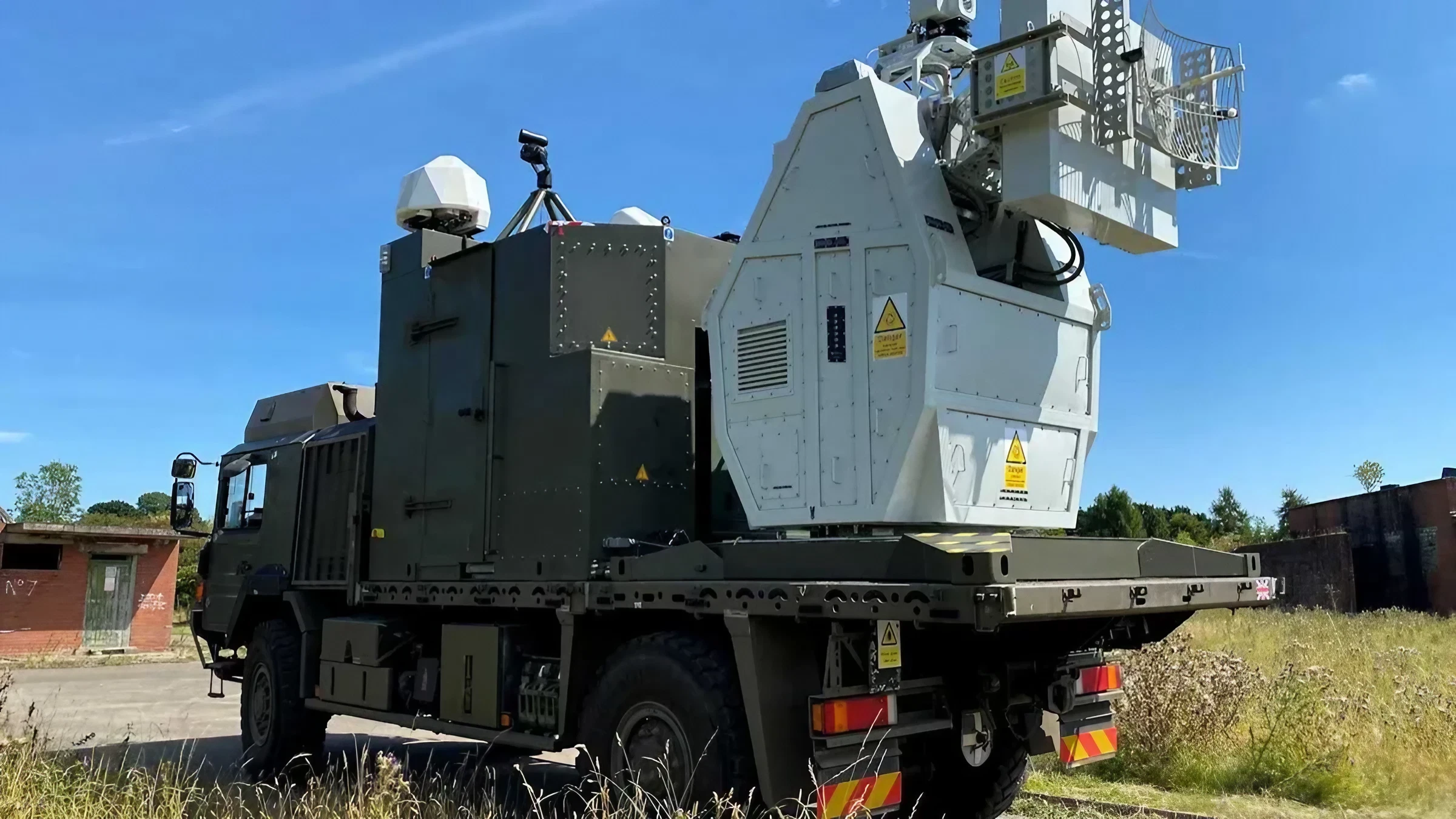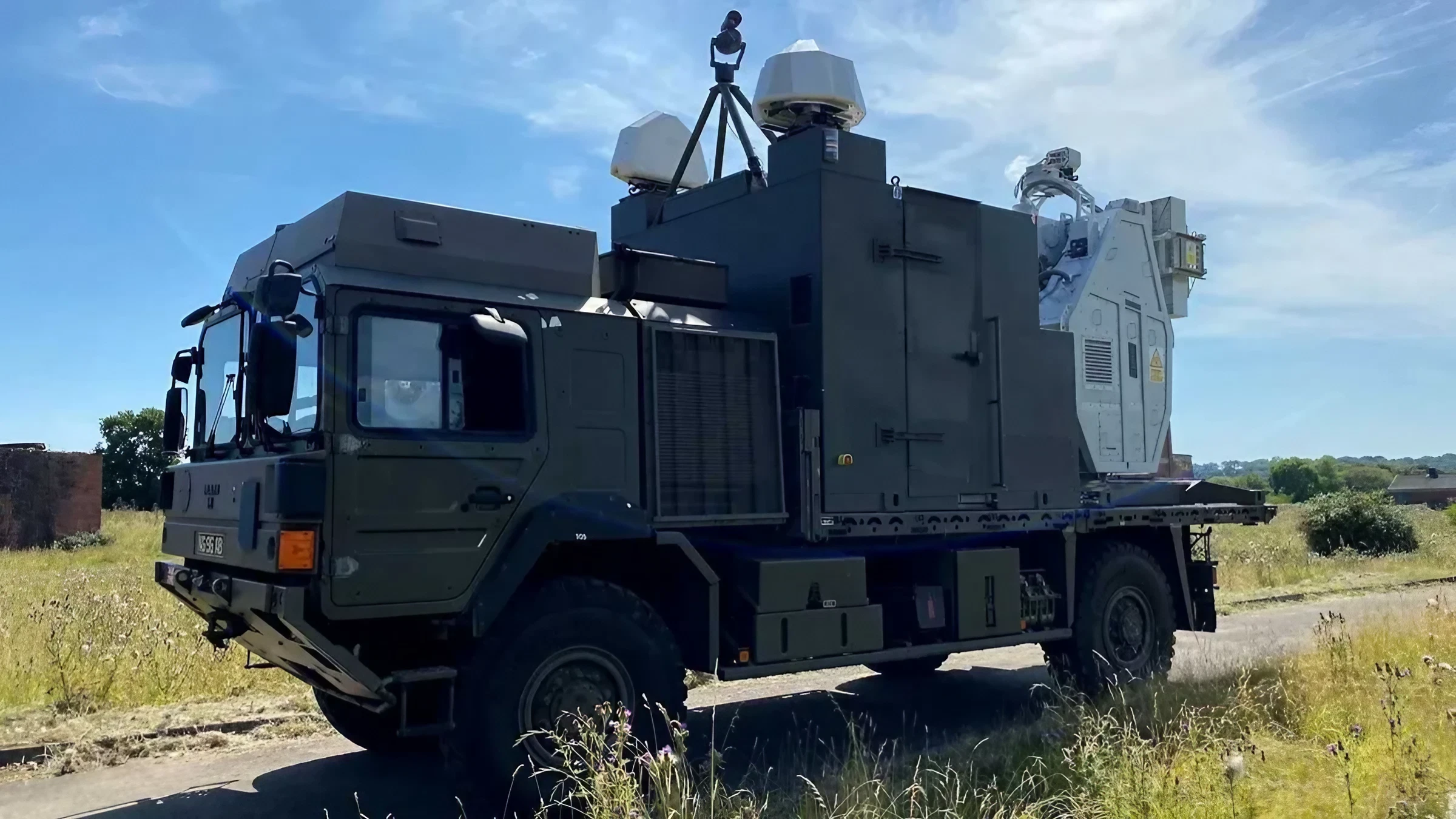Tech News
The British Army is trialing radio waves to zap drones out of the sky – at 13 cents per shot

Forward-looking: The UK Ministry of Defence has announced the testing of a cutting-edge weapon that can disable drones using radio waves. Surprisingly, each “shot” costs less than a “pack of mince pies.” The Radio Frequency Directed Energy Weapon (RFDEW) has been in development for a while, with British soldiers recently testing its capabilities.
The Army’s Royal Artillery Trials and Development Unit, in partnership with 7 Air Defence Group, successfully conducted a live firing trial in West Wales. This marked the first use of the system against Uncrewed Aerial Systems (UAS) by the British Armed Forces. Unlike laser-based energy weapons that use focused light beams, the RFDEW incapacitates drones and missiles by bombarding them with high-powered radio frequencies, effectively destroying their internal electronics.
Laser-based weapon systems have proven effective against individual drones and aircraft, but struggle with drone swarms. This is where the RFDEW has demonstrated superior capabilities.
During the trials, the Army’s air defense teams successfully identified, tracked, and engaged multiple drone targets at distances of up to a kilometer. Remarkably, each engagement cost only about 10p (13 cents) per shot.
The RFDEW trials represent a significant milestone not only for the UK’s directed energy projects but also for the advancement of military technology. It appears to have all the necessary features – the UK government’s press release emphasizes its high level of automation allowing operation by a single individual, precision, cost-effectiveness, and the ability to neutralize threats on land, in the air, and over water.
The system’s versatility is crucial, indicating its potential use against threats beyond aerial drones and missiles. It can also be easily deployed on any military vehicle.

Developed by British defense company Thales in collaboration with QinetiQ, Teledyne e2v, and others, the technology has created over 135 engineering jobs across the UK.
Government officials are understandably excited about the successful trials. Defence Minister Maria Eagle described it as “another step towards a potentially game-changing sovereign weapon” that will help the UK maintain a “vital advantage against the evolving threats we face.”
However, operational deployment of the RFDEW is likely still some time away. Further testing and refinement are probably necessary before radio wave assaults become standard practice in the British military.
-

 Destination8 months ago
Destination8 months agoSingapore Airlines CEO set to join board of Air India, BA News, BA
-

 Breaking News10 months ago
Breaking News10 months agoCroatia to reintroduce compulsory military draft as regional tensions soar
-

 Gadgets3 months ago
Gadgets3 months agoSupernatural Season 16 Revival News, Cast, Plot and Release Date
-

 Tech News12 months ago
Tech News12 months agoBangladeshi police agents accused of selling citizens’ personal information on Telegram
-

 Productivity11 months ago
Productivity11 months agoHow Your Contact Center Can Become A Customer Engagement Center
-

 Gadgets3 weeks ago
Gadgets3 weeks agoFallout Season 2 Potential Release Date, Cast, Plot and News
-

 Breaking News10 months ago
Breaking News10 months agoBangladesh crisis: Refaat Ahmed sworn in as Bangladesh’s new chief justice
-

 Toys12 months ago
Toys12 months ago15 of the Best Trike & Tricycles Mums Recommend























